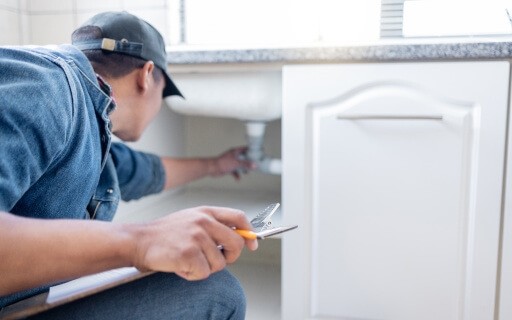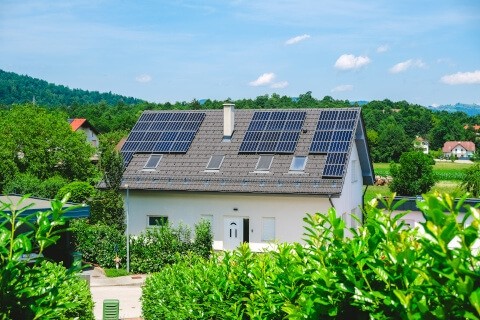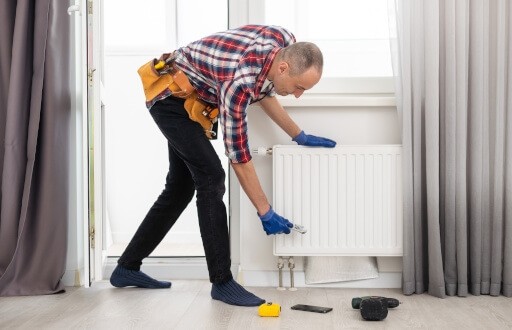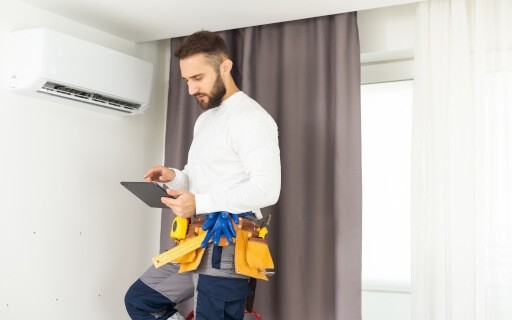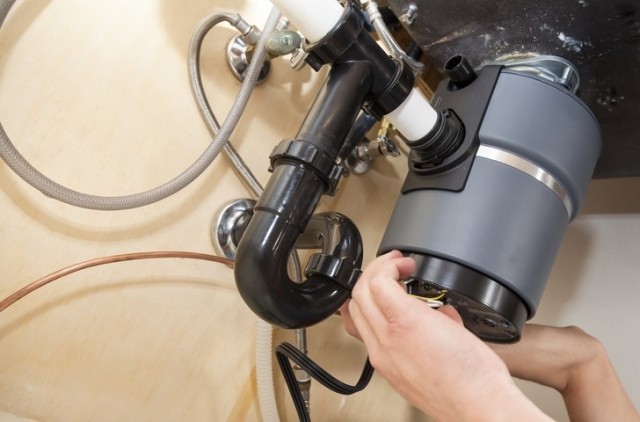Property ownership can be a lucrative investment, but it also comes with its fair share of responsibilities. The importance of proactive property maintenance cannot be overstated. Regular upkeep is more than just a necessary expense; it’s a strategic move that protects your investment, ensures tenant satisfaction, and helps you avoid costly surprises.
In this article, we’ll explore the benefits of proper maintenance that can save you money over the long haul and provide actionable insights to help you stay ahead of potential problems.
- Prevent costly repairs
- Preserve property value
- Enhance tenant satisfaction
- Mitigate legal and regulatory risks
- Lower operating costs
- Build professional relationships
- Proactive maintenance pays off
Prevent Costly Repairs
When it comes to managing rental properties, addressing minor issues early can prevent them from escalating into major, expensive problems. Neglecting regular maintenance, especially on critical systems like HVAC, plumbing, and roofing, can lead to financial headaches that could easily have been avoided. For example:
- Roofing: A small leak might seem insignificant, but left unchecked, water damage can lead to structural issues, mold growth, and damaged insulation. While patching a small leak might cost a few hundred dollars, replacing an entire roof could run tens of thousands.
- HVAC Systems: Skipping routine inspections and filter replacements often results in poor performance or complete system failure. The cost of replacing an HVAC unit far outweighs the expense of seasonal maintenance.
The solution is to implement a preventative maintenance schedule. Conduct annual inspections for key systems and components, and address even minor repairs promptly. This proactive approach not only minimizes repair costs but extends the lifespan of essential property infrastructure.
Preserve Property Value
Maintaining a property’s value is essential for securing long-term returns, whether through rental income or eventual resale. Regular maintenance plays a crucial role in preserving this value by keeping the property in good condition and ensuring compliance with aesthetic and functional standards.
Properties that fall into a state of disrepair signal negligence to potential renters and buyers. By staying on top of repairs, repainting interiors every few years, and updating appliances as necessary, landlords are more likely to attract tenants willing to pay premium rent. On the resale side, a well-kept property will stand out to buyers, reducing time spent on the market and avoiding price negotiations related to deferred repairs.
Enhance Tenant Satisfaction
Happy tenants are more likely to renew their leases, reducing turnover and saving you the time and money associated with vacant units. Regular maintenance is a key factor in keeping tenants pleased with their living environment. When renters know their concerns are addressed quickly and that the property is well cared for, they’re more inclined to stay for the long term.
Ignoring maintenance requests, on the other hand, can lead to frustration and dissatisfaction. To foster a sense of trust and satisfaction, focus on the three rules of rental property maintenance:
- Respond promptly: Acknowledge requests within 24 hours.
- Repair efficiently: Resolve issues as soon as possible, using a service provider if needed.
- Review regularly: Conduct periodic property check-ins to catch potential issues before tenants raise them.
Mitigate Legal and Regulatory Risks
Landlords are not just property owners; they’re also business operators, and part of running a rental business involves complying with federal, local, and state regulations. Failing to maintain a property in a safe, livable condition can expose you to lawsuits, fines, and mandated repairs, thereby eroding any net profit you may have gained.
For example:
- Unsafe Conditions: A broken handrail, malfunctioning smoke detectors, or a pest infestation not only puts tenants at risk but also opens potential liability claims.
- Code Violations: Many jurisdictions require landlords to maintain specific safety standards. Something as simple as neglecting to replace a GFCI outlet in a kitchen can lead to an inspection failure and fines.
Regular property maintenance ensures your rental complies with requirements such as these. Conducting inspections, documenting repair work, and partnering with qualified contractors are all best practices to stay on the right side of the law.
Additionally, having a clear maintenance record can protect you in the event of tenant disputes. If a tenant claims that their neglected living space caused harm, documented proof of repairs and maintenance can be invaluable for legal defense.
Lower Operating Costs
A well-maintained rental property can lead to overall lower operating costs by improving energy efficiency and reducing emergency expenses. Here are a few examples:
- Energy efficiency: Replacing aging windows with energy-efficient models or insulating a property properly can reduce heating and cooling costs. Not only does this benefit tenants (potentially making your unit more appealing), but it also reduces wear on HVAC systems, lowering repair frequency.
- Bulk services: Regular maintenance of appliances like refrigerators or washing machines helps them last longer and use energy more efficiently. Replacing a refrigerator compressor every five years, for example, costs significantly less than replacing the entire unit after neglecting upkeep.
Taking a proactive approach to property systems minimizes the likelihood of sudden, costly breakdowns. Scheduling regular professional tune-ups for heating, plumbing, and electrical systems ensures they are running efficiently, ultimately saving you money on utility bills and emergency repairs.
Build Professional Relationships
Establishing long-term relationships with contractors and service providers is highly beneficial. Reliable professionals who are already acquainted with your properties and maintenance preferences often offer better pricing for repeat business. Randomly calling technicians to compare quotes each time you need service can eat your time— and money.
By regularly engaging with these professionals for preventative maintenance, you’ll create a network of dependable support that pays off in reduced costs, higher quality work, and peace of mind.
Proactive Maintenance Pays Off
The value of regular maintenance extends well beyond immediate cost savings. Proactive upkeep protects your property’s long-term value, prevents expensive fixes, keeps tenants satisfied, mitigates legal risks, and optimizes operating costs. Don’t wait until your tenants report a concern. Relying on tenants to contact you may prevent you from tackling an issue while it’s small and low-cost. By establishing a detailed maintenance schedule and addressing minor issues promptly, you can save thousands of dollars over time while safeguarding your investment.
The key to saving money in the long run is to shift from viewing maintenance as an expense to seeing it as a strategic investment plan that will produce future dividends. A well-maintained rental property can not only keep more money in your pocket but can also increase long-term profitability by preventing major repair expenses.
Streamline your rental management efforts with the time-saving rental tools on Apartments.com!

